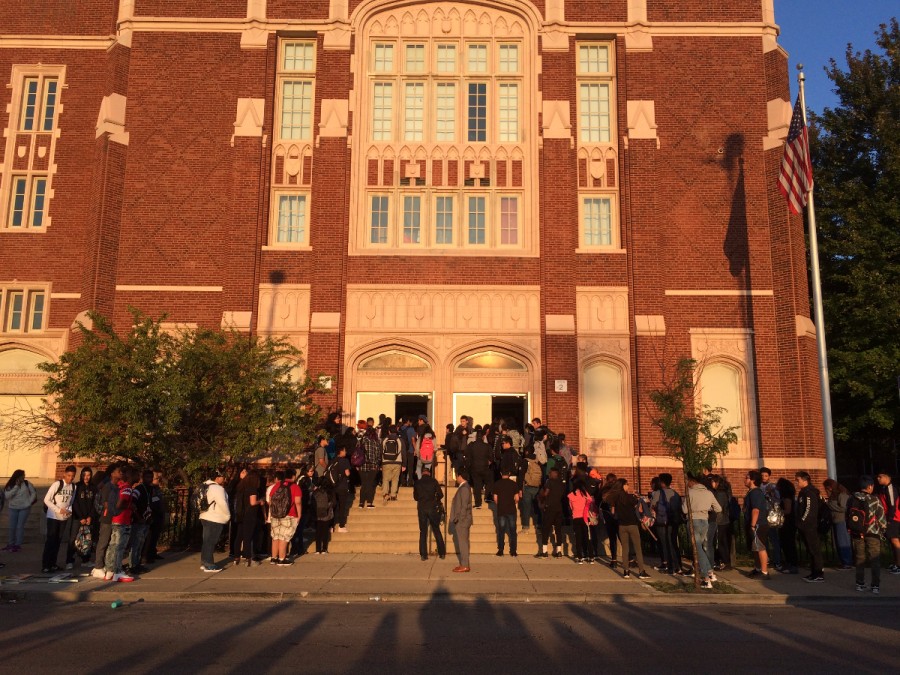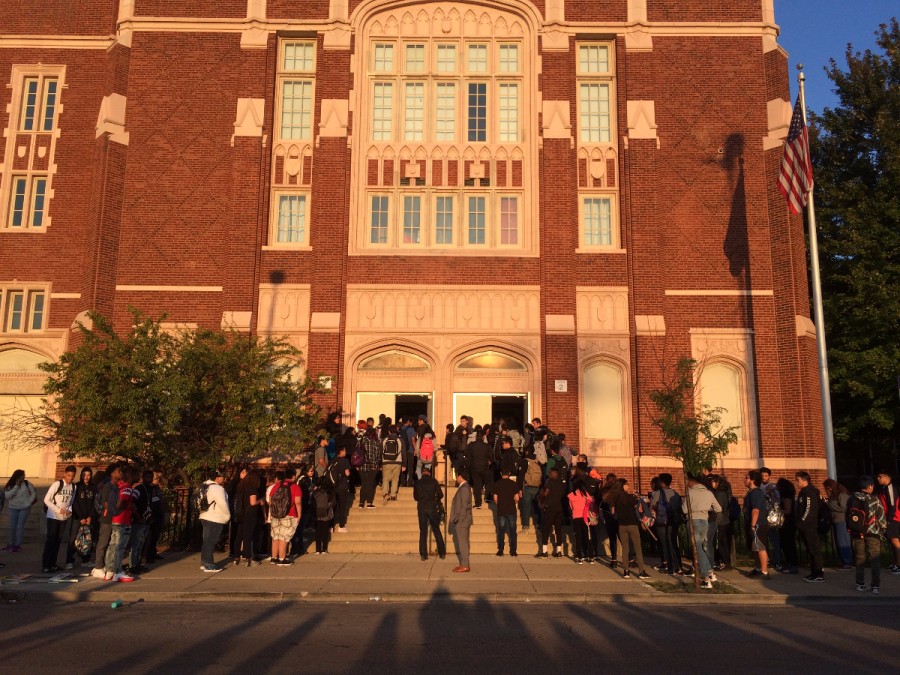

A high school in a Chicago is implementing a race-based grading system “to adjust classroom grading scales to account for skin color or ethnicity of its students.”
The move is necessary, advocates say, because “traditional grading practices perpetuate inequities,” a slide used in a presentation said.
Students, depending on their race, will not be held accountable for missing class, misbehaving in school, or for failing to turn in assignments.
3/
Read about Oak Park-River Forest High School’s new “equitable” grading policies here: https://t.co/bSIDDP2NUb
— Free Black Thought (@FreeBlckThought) May 31, 2022
The West Cook News reported on the development:
Oak Park and River Forest High School (OPRF) administrators will require teachers next school year to adjust their classroom grading scales to account for the skin color or ethnicity of its students.
School board members discussed the plan called “Transformative Education Professional Development & Grading” at a meeting on May 26, presented by Assistant Superintendent for Student Learning Laurie Fiorenza.
[The plan] calls for what OPRF leaders describe as “competency-based grading, eliminating zeros from the grade book…encouraging and rewarding growth over time.” Teachers are being instructed how to measure student “growth” while keeping the school leaders’ political ideology in mind.
“Teachers and administrators at OPRFHS will continue the process necessary to make grading improvements that reflect our core beliefs,” the plan, set to begin in the fall of 2023, says.
The article notes that according to the Illinois State Board of Education, 38 percent of sophomores fail the Scholastic Aptitude Test (SAT).
The failure rate was 77 percent for black students, 49 percent for Hispanic students, 27 percent for Asian students, and 25 percent for white students.
Margaret Sullivan, associate director at the Education Advisory Board, which consults colleges and universities, said teachers have to recognize when “personal biases manifest.”
“Teachers may unintentionally let non-academic factors—like student behavior or whether a student showed up to virtual class—interfere with their final evaluation of students,” Sullivan said.
Fiorenza called for the change after releasing a report that showed a spike in “F” grades in the 2020-21 school year.
“OPRF’s administration will adopt language that makes and keeps the system visible and continues to name racism as a complex interconnected structure,” the report said. “We must recognize the unique challenges faced during the pandemic intensify the need for a systemic approach to confronting the racial and socioeconomic discrepancies often experienced by our underrepresented student population.”
Story cited here.
Scroll down to leave a comment:




